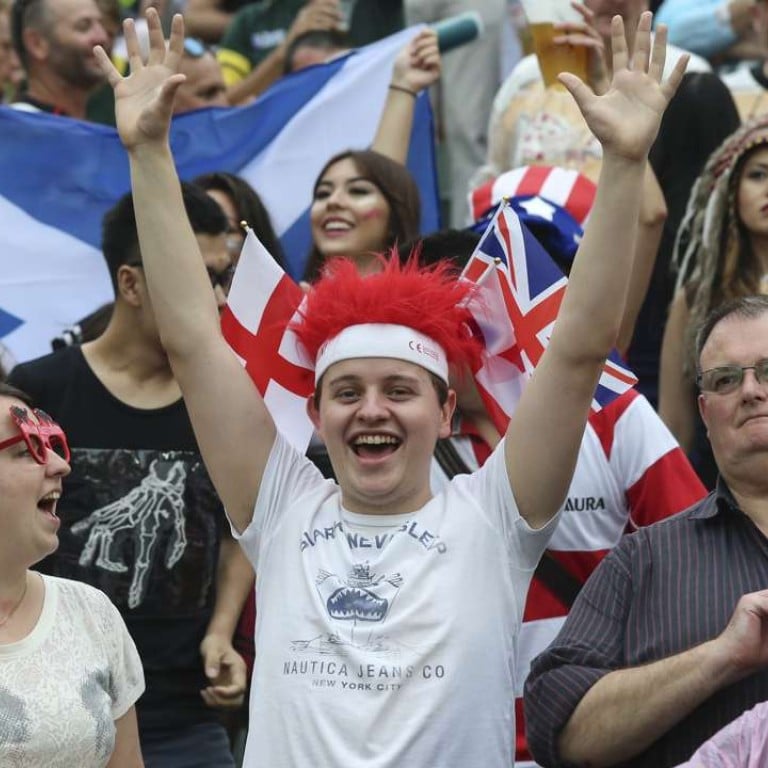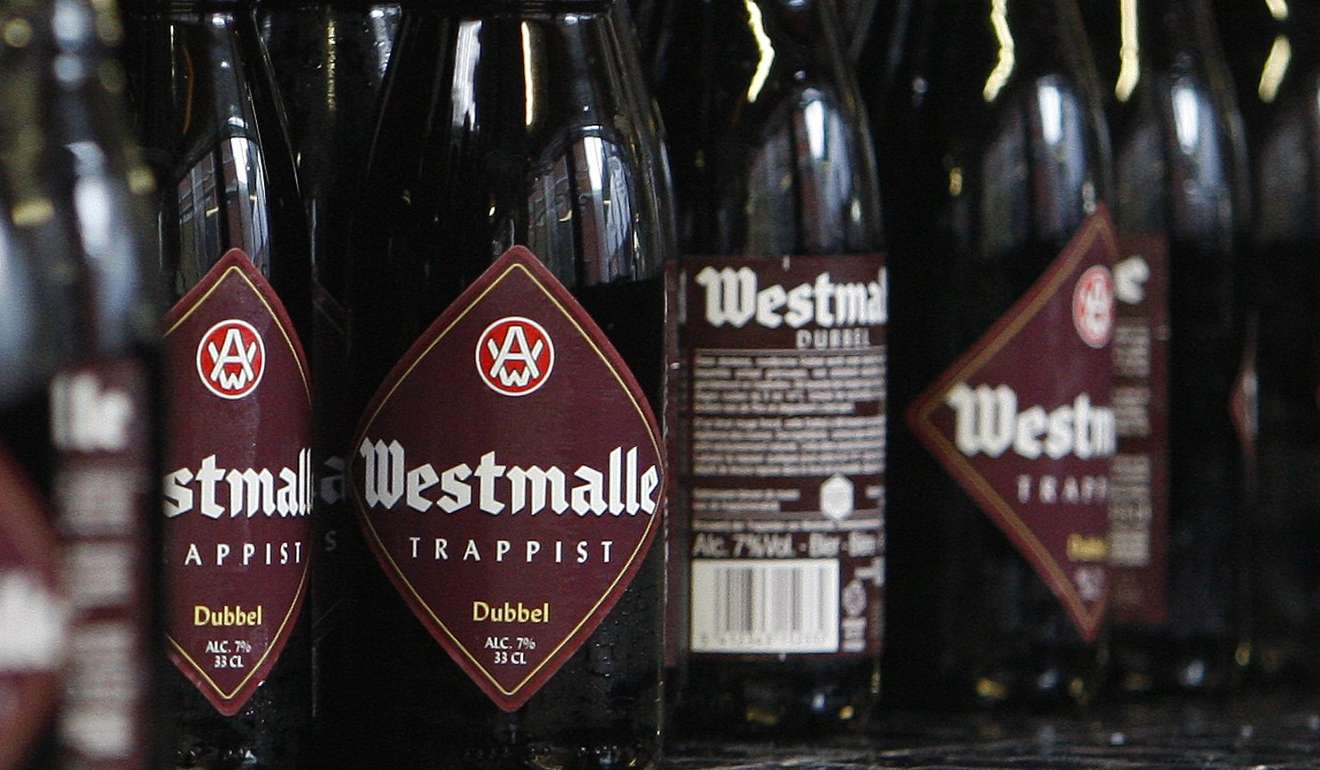
Eat, drink and be merry – it’s in our genes
Humans may have surrendered their hunter-gatherer nomadic lives to settle in permanent villages not in order to grow food and bake bread, but to brew beer, wine and other alcohols
People jest that the oldest profession is prostitution. But it seems this claim may be off by several thousand years. The really oldest professions may be priests and brewers – though who knows whether these ancient professions ever called for the services of the ladies of the night. Maybe it’s a draw.
It’s the brewers that really prompted me to pause. Maybe it’s the fact that I have just finished my seven day starvation detox in Thailand, and have been fantasising a lot about a long cool beer.
Maybe it’s the scent of Hong Kong’s Rugby Sevens, now just five weeks away. Either way, a recent fascinating essay on the incredibly long history of beer at the heart of human civilisation in the latest National Geographic got me thinking.
Recent findings by archaeologists in many parts of the world are revealing some astonishing things: it seems humans may have surrendered their hunter-gatherer nomadic lives to settle in permanent villages not in order to grow food and bake bread, but to brew beer, wine and other alcohols.
Look at a site called Gobekli Tepe in Turkey on the border with Syria 11,600 years ago.
Apparently our nomadic forebears used to gather regularly for big religious events, and used free beer as inducements for volunteers to build the huge celebratory buildings necessary for the celebrations. Apparently the Egyptian Pharoahs ran numerous industrial scale breweries to keep the Pyramid builders hard at work. So perhaps beer – not bread – really did inspire the original farming of grains.
It also seems that the human fondness for alcohol was genetically inbuilt, and has its roots long before humans arrived on Planet Earth
It also seems that the human fondness for alcohol was genetically inbuilt, and has its roots long before humans arrived on Planet Earth.
According to the seductively named “drunken monkey hypothesis,” it seems primates feeding in the forests developed a taste for the ethanol in ripening wild fruit hundreds of thousands of years ago, long before homo imbibens arrived.
Initial attractions were the smell – which made ripe fruit easy to track down in dense forests – the ease of digestion, and the antiseptic qualities of ethanol. So it’s not just us that benefit from the serotonin, dopamine and endorphins released by enthanol. It seems the monkeys did too.
Whatever the monkeys’ motives, it seems they passed their love of alcohol into our genes, where it has not only eased our worldly toil, but cut to the heart of every culture worldwide.
“The mind-altering properties of booze have fired our creativity and fostered the development of language, the arts and religion, and it is this altered state that puts us in touch with the spirit world,” the author Andrew Curry wrote.
Perhaps literally.

Booze was being made in China from rice, hawthorn berries, honey and fruit at least 9,000 years ago. For many centuries, no self-respecting Chinese poet would think of writing without first lubricating his lips. And archaeologists have discovered wine grapes being grown in Sumeria and in the Caucasus at least 7,000 years ago, and alcoholic beverages across Peru not much later.
Even in Europe, it seems the addiction to ale and wine was historically quenched not by Benedictine monks or French winemakers, but by Italians exporting vast quantities of red wine to the Celts even before the expansion of the Roman Empire – in ships carrying 10,000 amphora at a time.
Now, 2,000 years later, Europeans undisputedly consume more alcohol that any other community in the world.
Against a worldwide average of 6.5 litres of alcoholic content (pick your poison – beer, wine, spirits) consumed per year, Europeans on average consume 12.11 litres, with Russians, Moldovans and Lithuanians far in the lead with up to 17.5 litres a year. Australians follow Europeans closely with 10.1 litres, and North Americans a little further behind with 8.23 litres.
We in Asia are by far the laggards, consuming on average just 5.2 litres per person per year.
Just as alcohol has lubricated the development of language, the arts and religions worldwide, so too our inability to control ourselves with it has delivered a huge global hangover. The US Centers for Disease Control & Prevention says alcohol abuse kills 88,000 people in the US every year, and costs the health system US$249 billion.
Our inability to control our addiction seems genetic, global, and has persisted for millennia
Our inability to control our addiction seems genetic, global, and has persisted for millennia.
The Greek writer Ebulus complained back in 400 BC about symposia fuelled by wine drunk in bowls called “kraters.”
“The first bowl is for health, another for pleasure and a third for sleep,” he said. “After that, wise guests go home. The fourth bowl belongs to violence, the fifth to uproar, the sixth to drunken revel, the seventh to black eyes, the eighth is for the policeman, the ninth belongs to biliousness, the 10th to madness and hurling of furniture.”
Ebulus could have been writing about any annual Oktoberfest, an unruly Wan Chai bar on a Saturday, or the South Stand during the Hong Kong Rugby Sevens. Indeed, the Sevens do provide the year’s high water mark of bacchanalian overindulgence in Hong Kong – though I suspect the recently launched November Beertopia may soon contest that.
Last year, 380,000 pints of beer were consumed at the Sevens themselves, along with 60,000 Pimms and 10,000 glasses of wine. The event accounts for at least 3 per cent of Hong Kong’s annual alcohol consumption – and that takes no account of the drinking that continues at bars across Hong Kong after the matches have finished.
So as you overindulge at the Rugby Sevens, take comfort that you are bowing to a deep-seated genetic need that still today feeds our creativity as humans, and the development of our language – though perhaps some of the “language development” during the Rugby Sevens might be regrettable.
We may be homo sapiens, but we are homo imbibens too, so relax and make the most of it.
David Dodwell researches and writes about global, regional and Hong Kong challenges from a Hong Kong point of view
Illustration: Lau Ka-kuen

